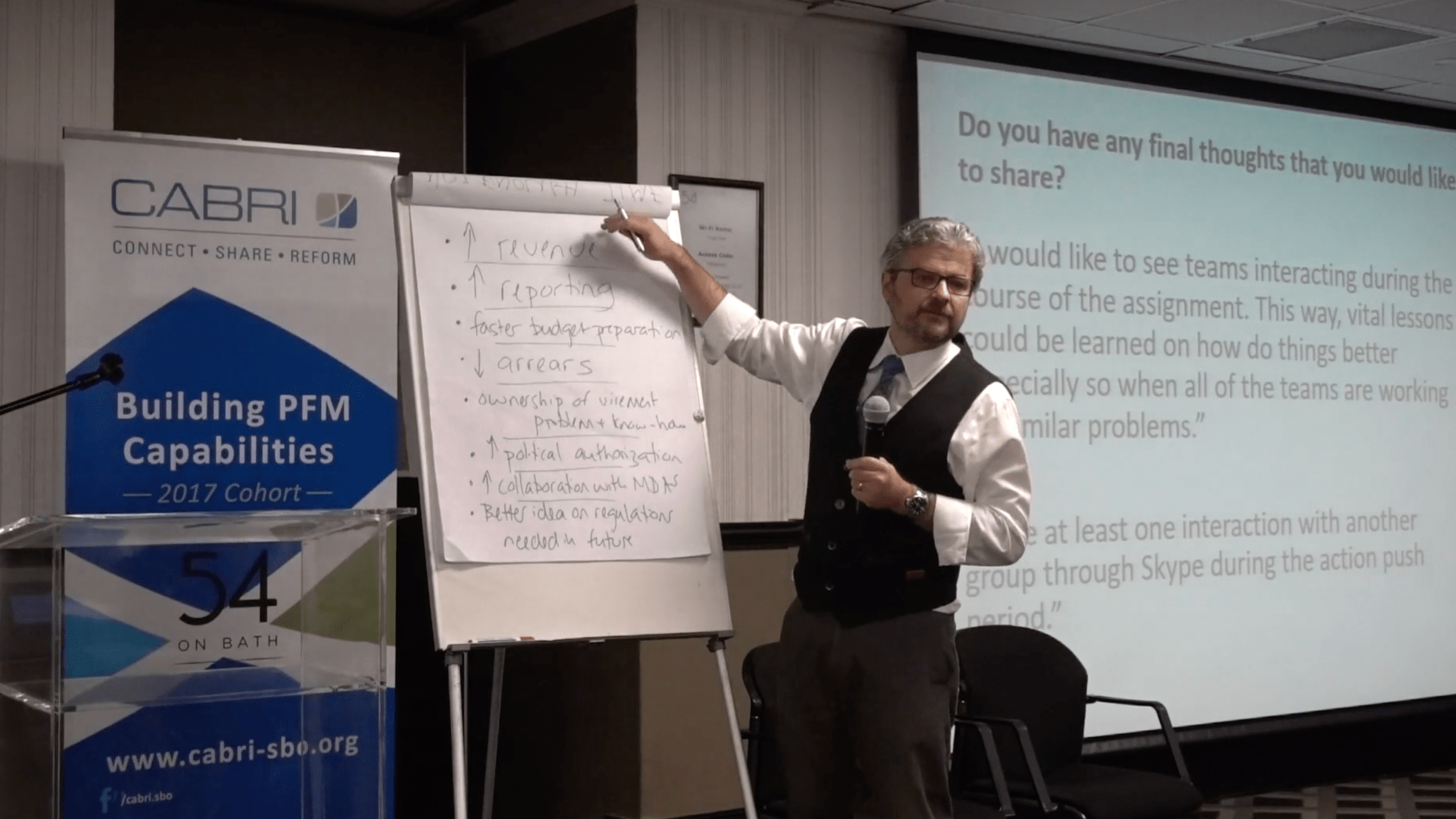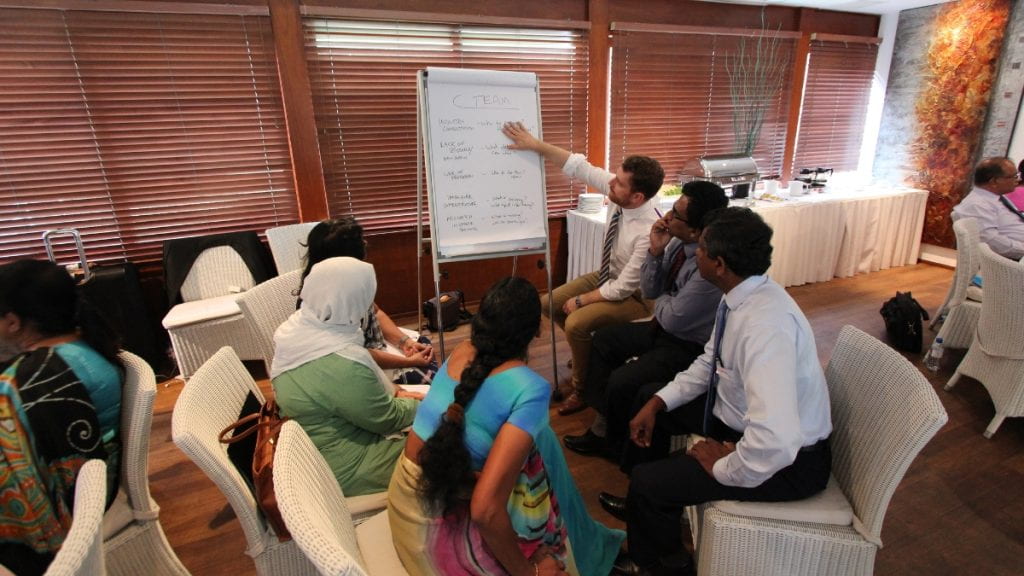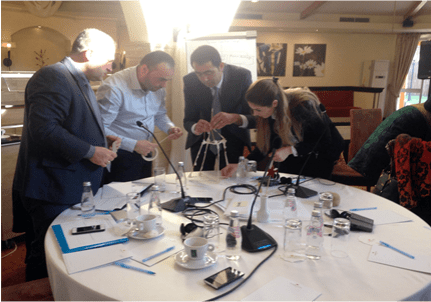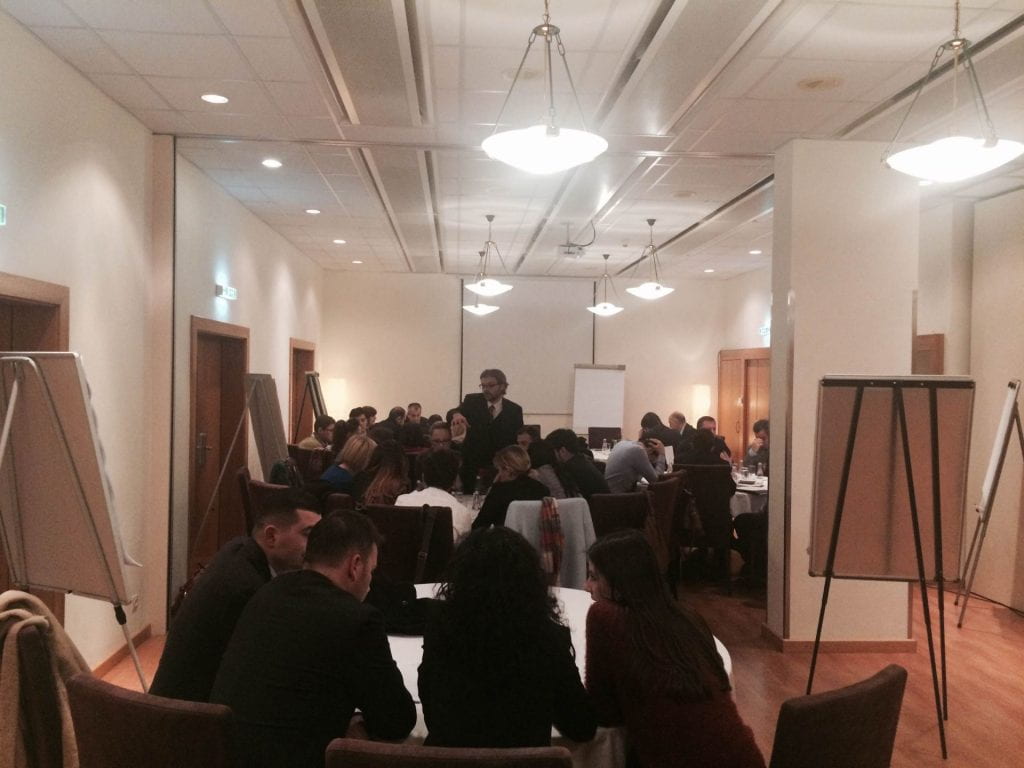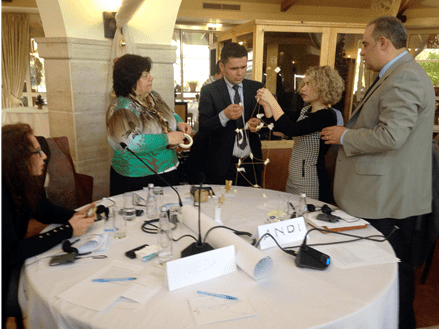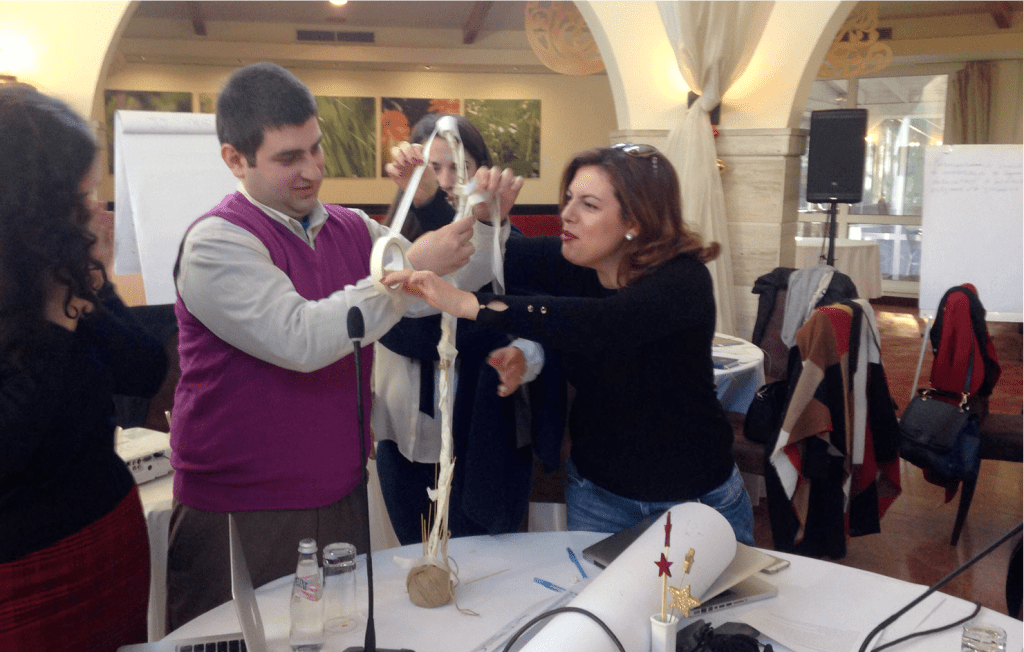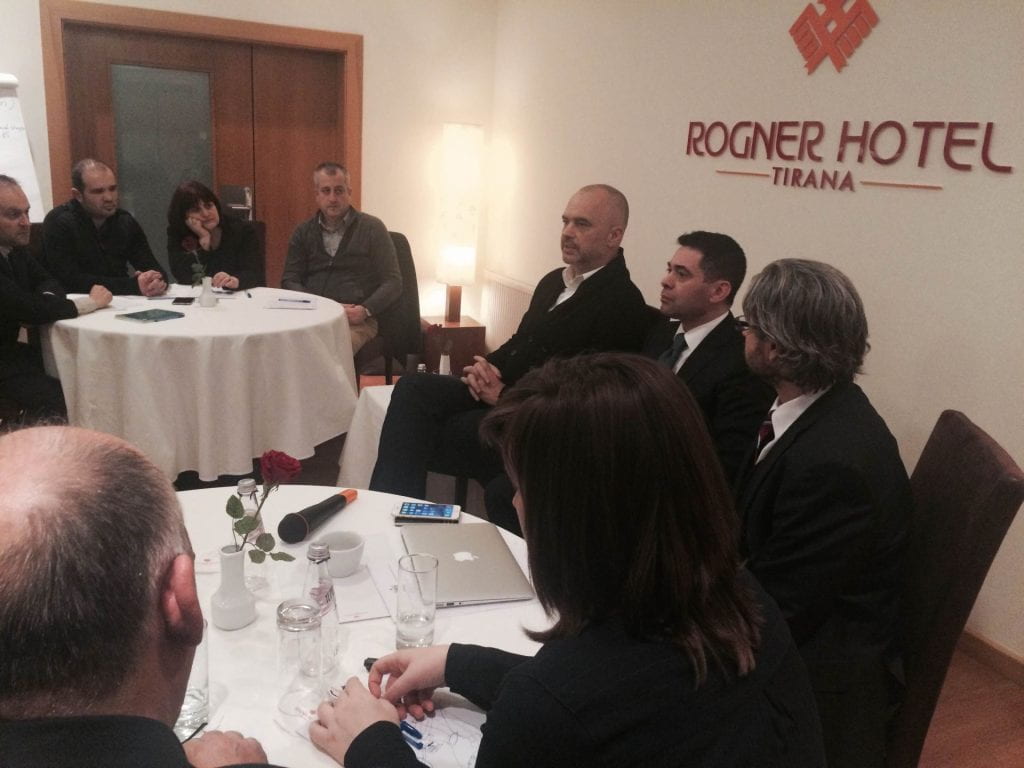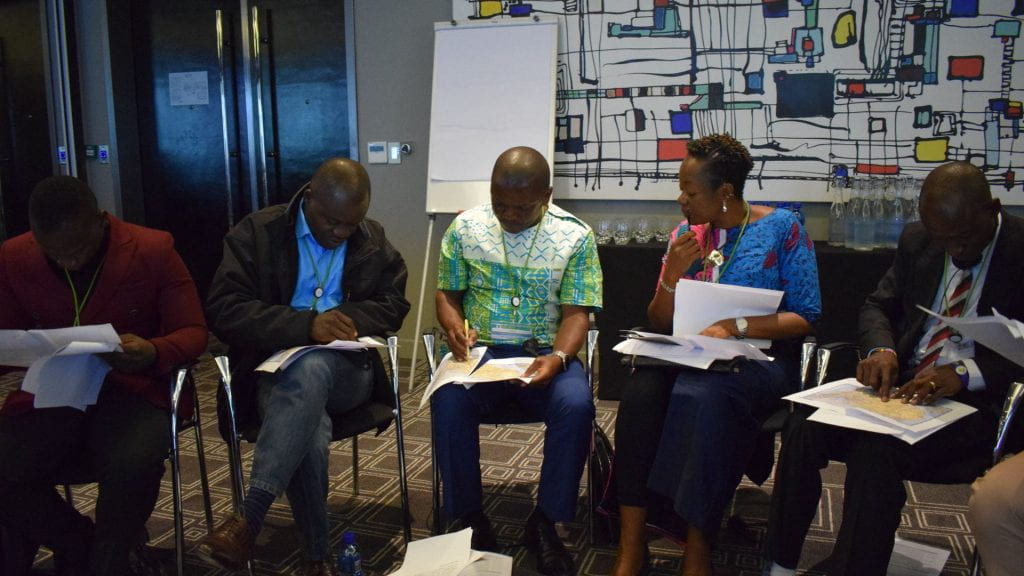Reforms often have limited impacts because they introduce solutions that do not work in the contexts in which they are applied, and more importantly, they fail to engage local people in making the solutions work.
Project Team
Matt Andrews, Peter Harrington, Tim McNaught, Salimah Samji, Edit Uruci, and Zerina Bruci
May 2014 – June 2017
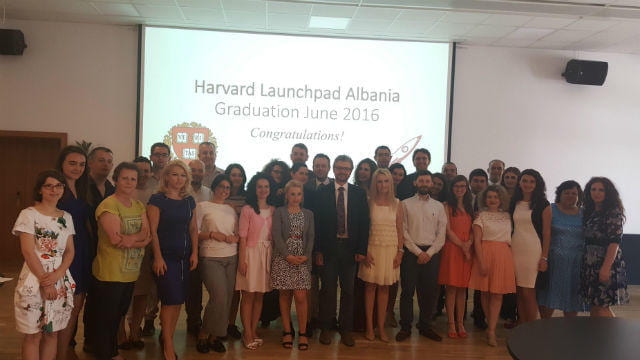
BSC was invited to use the PDIA approach to build the capability of the Albanian public administration.
In May 2014, BSC established Black Belt Teams (BBTs) where groups of public servants tackled projects and policies of importance to the country’s growth agenda. The BBTs identified and deconstructed local problems, pursued a repeated set of time-sensitive tasks to address the problems, worked step-by-step across organizational boundaries to solve them, and facilitated progress, change, and lessons about ‘what works’. The iterative process of meeting regularly to learn from the experiences, and to decide on next steps, helped facilitate efficient and effective problem solving. BSC facilitators also met with the BBTs every 3-4 weeks to provide support and check on their progress. During this phase, BSC trained and supported 74 government officials working across 11 multi-agency teams.
In September 2015, BSC launched a six-month hybrid training workshop entitled Project Launchpad: Project management and execution for complex tasks to promote a structured engagement. Teams were expected to turn project ideas into action, through iterations with structured feedback and learning, and to work with groups of stakeholders to expand capabilities and reach. During this phase, BSC trained and supported 37 government officials, from 5 ministries, working across 6 BBTs.
In October 2016, BSC engaged with the relevant authorizers of the Launchpad teams, as well as the teams themselves who had a lot of experience in using the PDIA model, to determine which teams wanted to continue their projects. In this phase, BSC wanted to foster independence of the teams by allowing them to take more ownership of the work process. During this phase, BSC trained and supported 20 government officials, from 6 ministries and agencies, working across 3 BBTs.
Over the entire period of 3 years, BSC trained and supported a total of 131 government officials, in 10 ministries and agencies, working across 20 teams—allowing cross fertilization of ideas and the emergence of new solutions, relationships and capabilities.

